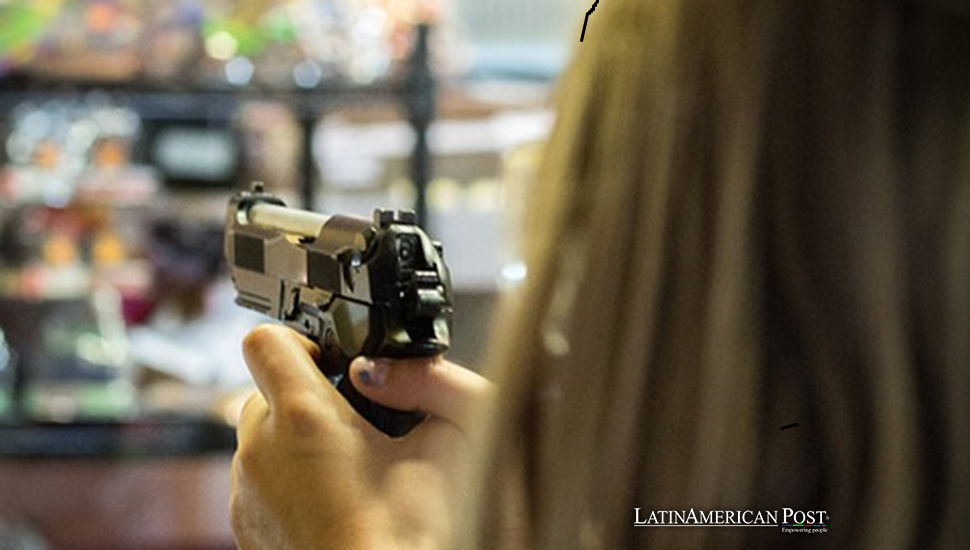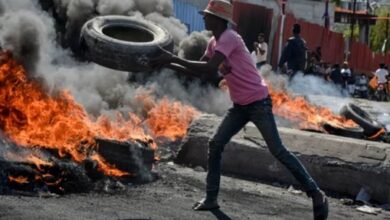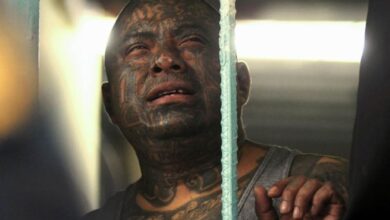Overlooked Gun Flow from U.S. Fuels Violence Across Latin America

The steady flow of U.S.-sourced firearms into Latin America and the Caribbean has become a quiet yet devastating crisis. This focuses on guns in the wrong hands. These weapons increase violence. Communities have become chaotic and unsafe places.
A Growing Problem Hiding in Plain Sight
For years, the alarming rise in firearms trafficking from the United States to Latin America and the Caribbean has gone unnoticed. While domestic debates in the U.S. often center on gun control laws and Second Amendment rights, few focus on the ripple effects of weak oversight on the international stage. Yet the impact is painfully clear.
In regions already battling economic inequality, political corruption, and gang violence, the influx of illegal guns has deepened the cycle of instability. Reports reveal a 120% increase in firearm shipments seized in route to these areas since 2016. What is worse, these figures only capture a fraction of the weapons crossing borders successfully. The rest fuel the arsenals of drug cartels, armed militias, and criminal gangs, who use them to terrorize communities and undermine governments.
In Haiti, a country with no domestic firearms industry, the evidence is stark. U.S.-made weapons dominate the illegal market, giving gangs the firepower to hold entire neighborhoods hostage. Recently, gunfire struck U.S.-based airlines flying over Haitian airspace—a chilling example of how far-reaching the problem has become.
This is not just a Caribbean crisis. Across Latin America, U.S.-sourced guns play a significant role in escalating violence. In Mexico, they are the lifeblood of cartels, while in Central America, they fuel migration crises as people flee communities torn apart by armed conflict. In countries like Honduras, El Salvador, and Guatemala, the situation is particularly dire, with U.S. guns contributing significantly to the high homicide rates.
A Misguided Debate on Responsibility
At the core of this matter is a simple truth꞉: it does not involve denying responsible citizens the right to own guns. It reflects the need to protect lives in other nations.
This discussion is old, yet worth mentioning again. The Second Amendment of the U.S. Constitution gives the right to own weapons. This fact is clear. It is not just a matter of citizens and their rights about keeping weapons out of the hands of people who use them to destabilize entire nations.
In the Caribbean, 73% of firearms recovered between 2018 and 2023 were traced back to the United States. These weapons account for up to 90% of homicides in some nations. The path they take is alarmingly simple: high-capacity rifles and magazines are purchased legally in states like Florida, Texas, and Georgia and then smuggled across borders. Traffickers exploit loopholes, weak enforcement, and insufficient oversight to supply the illegal market with tools of violence.
The results are catastrophic. Families are torn apart by gang violence. Communities live in fear of armed groups that outmatch law enforcement. Meanwhile, governments spend precious resources battling an enemy that grows stronger with every shipment of illegal guns.
The U.S. Cannot Ignore Its Role
The United States plays an undeniable role in this crisis. While many Americans may not feel the immediate effects of firearms smuggling, the consequences are painfully visible in Latin America and the Caribbean. Entire regions are destabilized, economies are disrupted, and migration pressures grow as people flee violence in search of safety.
Lax regulations and patchwork enforcement have allowed this problem to fester for years. State-level policies, particularly in the southern U.S., make it easy for traffickers to purchase high-powered rifles and ammunition. The failure to close loopholes and enforce stricter controls means the pipeline remains wide open.
This is not an abstract issue. The ripple effects of this unregulated trade flow back into the United States. Increased violence in other countries shakes up trade paths, interrupts tourism, and causes more significant security issues. Haiti now faces worsening gang violence due to American guns, forcing airlines to change routes. These woes are but the beginning of the problem. Unchecked, this may grow worse.
The U.S. must realize that gun policies are not just about America. By dismissing international trafficking, it erodes its standing as a world power. The friendships with neighboring states waging war fail, too.
Time for Action and Accountability
This crisis demands immediate attention. It is not just a problem for Latin America and the Caribbean, but a global issue of responsibility. The solutions are within reach, but they require political will and recognition of our shared duty.
Implementing stricter checks on gun sales in high-risk areas is crucial. Enhanced cooperation between federal and state agencies is essential to track suspicious purchases. Closing the gaps that traffickers exploit is a priority. Imposing stricter penalties for gun smuggling is a deterrent. Strengthening partnerships with Latin American governments is vital to intercept and prevent illegal shipments.
Public knowledge is still the missing piece. It has been too long omitted from gun-control discussions. It is time people put it on the table and ask why a gun control rule harms rights. We are not in a fight about taking guns away from the innocent. It is about not passing on guns to bad guys.
The human cost of this crisis is staggering. For every gun that crosses the border, lives are lost, families are shattered, and communities are decimated. The right to bear arms must be accompanied by the responsibility to ensure that these arms do not become instruments of destruction in vulnerable regions.
A Call for Global Responsibility
Guns flow unchecked from the U.S. to Latin America and the Caribbean. This is more than just a regional issue. Millions suffer from this humanitarian problem. The situation needs more accountability in the United States and its close neighbors.
Tackling this problem directly presents an opportunity for the U.S. Leadership and kindness to pierce this problem. The nation has a chance to defend the rights of its citizens and do something profound about the violence that is roiling Latin America and the Caribbean. The U.S. must take the lead in enforcing existing laws, closing loopholes, and collaborating with affected countries to dismantle trafficking networks.
The solution seems simple: enforce existing laws, close loopholes, and collaborate with affected countries to dismantle trafficking networks. This is not about restricting freedom. It is about preserving lives. Responsibility for what we do is crucial. Possession of arms is a responsibility. It should not be the fuel for hell on earth.
Also read : Canada Needs a Latin America Strategy and Stop Ignoring Its Neighbors
It is high time to do it. There has been an underfunded crisis, but it is not too late. By confronting the issue honestly and urgently, the U.S. can help restore stability to Latin America and the Caribbean, proving that responsibility and rights coexist for the greater good.





